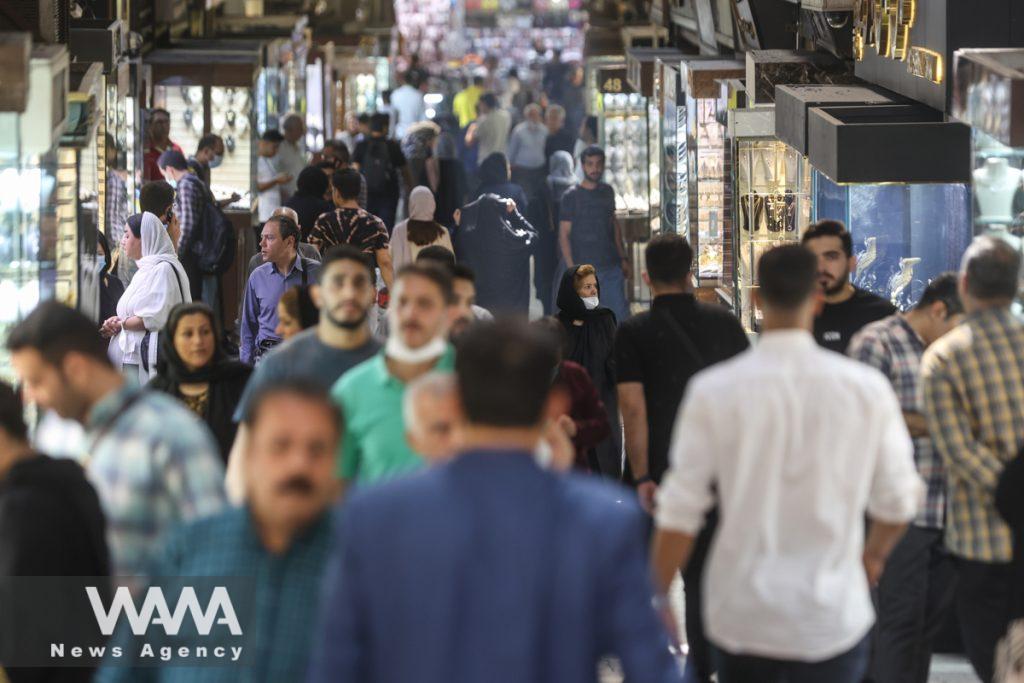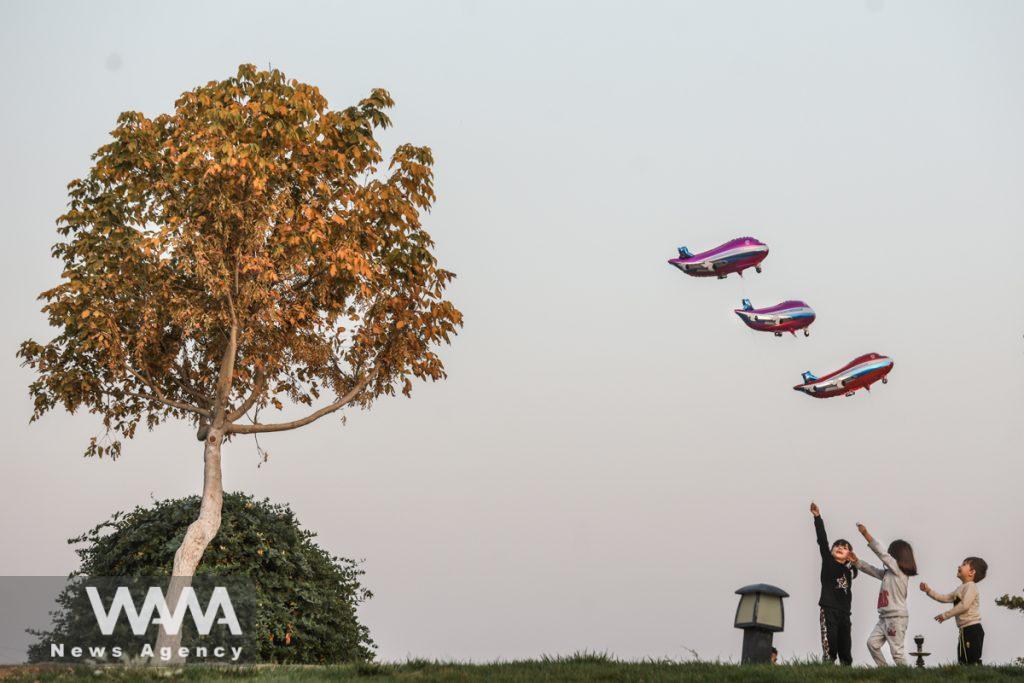Addressing Mental Health Stigma in Iran
WANA (July 29)—” Life is full of beautiful things. Why are you so sad?” “You should go out more.” ” You need to focus on the good things in life.” These are the most repeated cliches that people who are struggling with mental health hear, but would we use the same sentences if they had cancer or diabetes?
Mental health is a crucial yet often overlooked aspect of well-being in Iran. Like many parts of the world, mental health issues are shrouded in stigma and misunderstanding, making it challenging for individuals to seek help.
Mental health problems affect people of all ages in Iran. The pandemic has worsened the situation, with increased reports of anxiety, depression, and stress. Despite this, societal attitudes towards mental health remain largely negative, preventing many from seeking help.
Consider the story of Ali, a young man from Tehran. Ali struggled with depression for years but avoided seeking help due to fear of judgment. It wasn’t until he experienced a severe crisis that he finally sought therapy. His experience highlights the urgent need for better mental health awareness and support.
Then there’s Leila from Mashhad, who suffers from severe anxiety. Leila’s family initially dismissed her condition, attributing it to “nervousness.” After much persuasion, Leila sought help from a local support group, which changed her life. This group provided a safe space for her to discuss her issues and receive the support she needed.

Iranians walk through Tehran Bazaar, in Tehran, Iran October 8, 2022. Majid Asgaripour/WANA (West Asia News Agency)
The Role of Education
One way to combat stigma is through education. Schools and universities in Iran are beginning to integrate mental health education into their curriculums. This helps normalize discussions about mental health and encourages young people to seek help when needed. For instance, the University of Tehran has started offering workshops and seminars on mental health awareness, reaching hundreds of students each semester.
Community Support
Community initiatives are also playing a vital role. Local NGOs and support groups, such as “Iranian Lifeline,” are working to provide safe spaces for individuals to discuss their mental health issues. These groups offer counselling, workshops, and resources to help people manage their mental health. The success of these initiatives can be seen in cities like Shiraz, where support groups have significantly reduced the stigma surrounding mental health.
The Iranian government has started to acknowledge the importance of mental health. There are efforts to improve mental health services and increase funding for mental health programs. The Ministry of Health recently launched a campaign to promote mental health awareness, featuring public service announcements and educational materials. However, more work is needed to ensure these services are accessible to all.
The Power of Media
Media can significantly influence public perception. Iranian TV shows, movies, and social media influencers are beginning to address mental health issues more openly. A popular TV series recently featured a storyline about a character dealing with depression, sparking conversations across the country and helping to break down barriers.
The Road Ahead
Addressing mental health stigma in Iran is a long journey that requires collective effort from individuals, communities, and the government. By continuing to raise awareness and provide support, we can create a more understanding and compassionate society.
Mental health is an integral part of our lives. By breaking the silence and addressing the disgrace surrounding it, we can ensure that everyone in Iran has the opportunity to seek the help they need and live healthier, happier lives.

Iranian children, after recording the statistics of coronavirus in Iran exceeded 5,500 daily cases and more than 300 deaths a day, playing with airplane shaped balloons in a promenade called Chitgar Lake, (COVID19), in the west of Tehran, Iran October 23, 2020. Picture taken October 23, 2020. Majid Asgaripour/WANA (West Asia News Agency)













